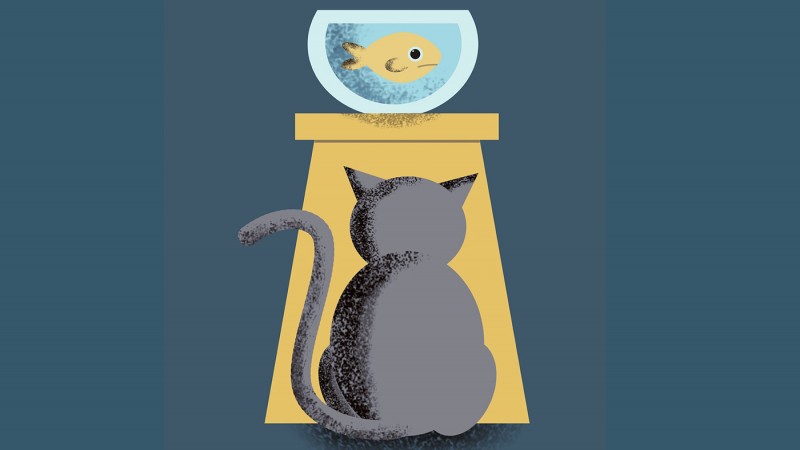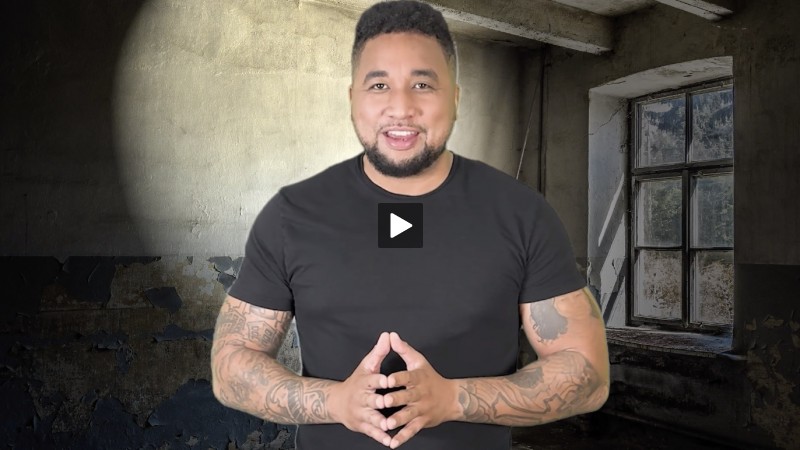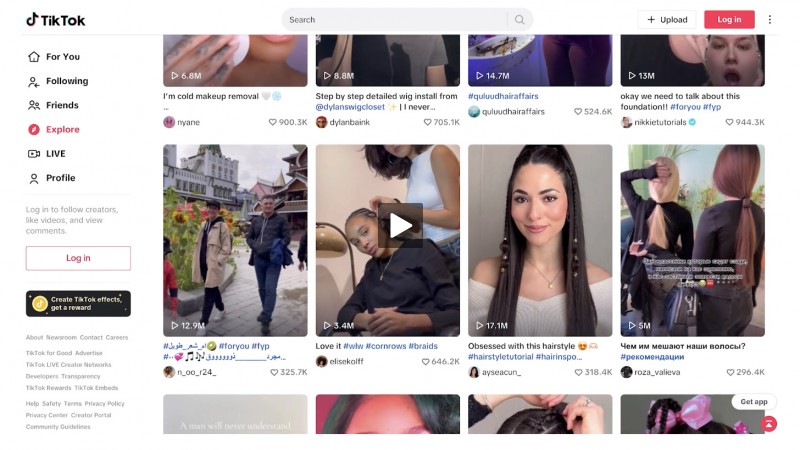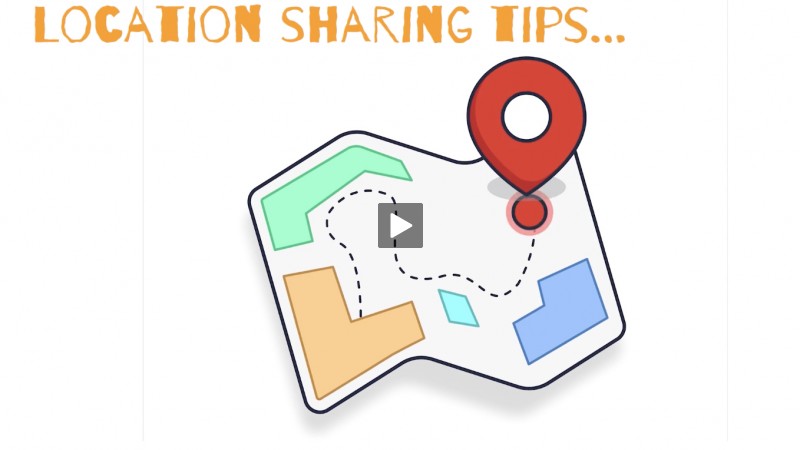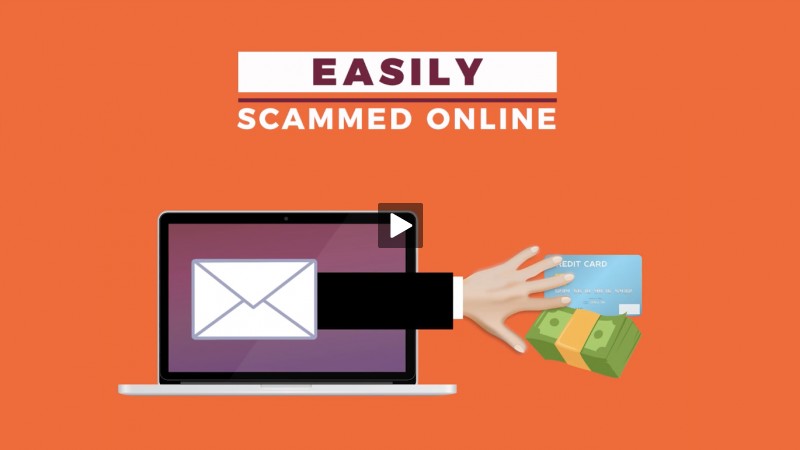Money Tips for a Financial Crisis
- Details
- Written by Will from Holland
- Category: Articles
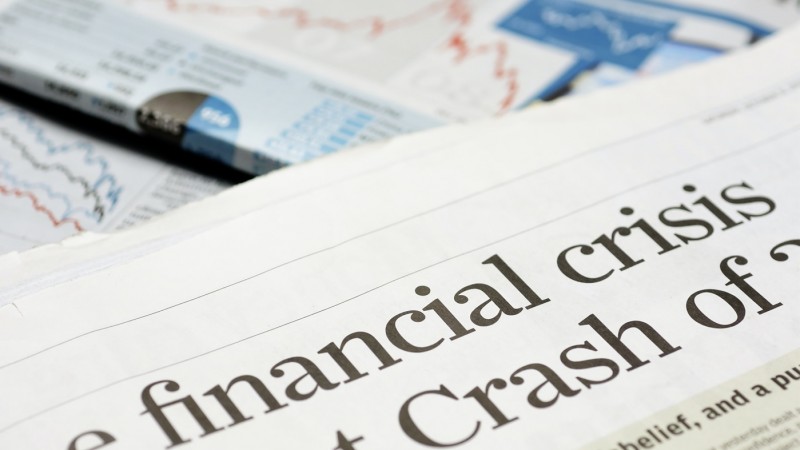
Chances are you're reading this because you've got money on your mind and are looking for management tips during this unprecedented time. While some people were immediately impacted by the pandemic, others are still wondering if they will be.
Ultimately, a crisis will pass and you can get through tough times. So, why not tackle your money situation now?
Let's dive in and figure out how to best navigate this uncertain time with actionable steps to improve your financial situation.
How can you prioritize your spending right now?
Put any carefree spending decisions on hold and get back to the basics – even if you haven't been impacted financially by the pandemic. Ask yourself when purchasing an item or service, "Is this a need or a want?" and "Do I need it right now or can it wait until I'm in a better and more certain financial situation?"
If you are in a financial situation where you can save, then you could save that $20 (or the amount of money you typically spend on ‘wants' every month), which will grow to be $240 (or more if you decided to save more every week) in your savings account next year when you may really need it.
Save up at least 3 months' worth of income.
That way, you can brace for the impact of potential job loss, or even sickness. Even if it requires sacrifice now, build your savings.
Tip: a great way to save on monthly expenses is to sort through your subscriptions! We're not just talking your regular subscriptions like Netflix or Spotify, but even monthly clothing boxes, funny socks, stickers, (retro) games, jerky, or even a monthly box for your pet. Cutting back on some of these services will help you put some extra cash in your savings account.
Can you refinance?
Got a house or car that isn't paid off yet? While we all know it's best to pay those loans off ASAP or pay these large purchases in full, we also know not everyone has the privilege and luxury to do so. The best time to refinance large loans, like your mortgage and auto loan, are when rates are low (e.g., the COVID pandemic is seeing historically low rates). There is potential to save money here, so be sure to do your research on rates and find a financial institution, like a local credit union, to refinance your large loan with.
Be strategic, and think of the worst-case scenario.
If you have yet to experience the worst-case scenario during the pandemic then this is something to consider. It can be helpful to think through some of the logistics of what options would be available to you, if you are put in a position where you have little to no income and limited savings.
What would happen if you hit some really rough financial times? Do you have a plan for this worst-case scenario? Like;
Can you give up rent and go live with your parents for a short while?
Do you have friends that would share housing, while you get back on your feet?
Will you be able to still take care of your pets or will you need to find a foster family through a local shelter until you're back on your feet?
Are you confident your financial institution will work with you and your unique situation? Does it offer payment relief options for your loans during tough times?
While we hope you never need it, creating a plan like this will help you navigate this unfortunate circumstance should it ever happen to you. And be sure to communicate your plan to those who it would involve to ensure its concrete for you to land on if the time comes.
What about quick money when you're in real trouble?
Quick cash loans and loans with high interest rates are never a good idea. So, what can you do instead if you need some fast cash? Often, people will look to sell their things when they need cash quick, but if you're pawning your stuff you usually won't get the price your item is worth. If you do need to sell something you already own, make sure you're doing research and list it for a reasonable price.
A big thing: If you get in financial trouble, don't hide!
Whatever you do when you find yourself in financial distress, don't run away from your problems. Rather than sticking your head in the sand, remember that it is okay to ask for help. If you hide from debt, it will only grow like a monster. It's better to reach out to your lender and let them know about your current financial situation. You may be surprised to learn that most lenders are willing to work with you and create a new payment plan that will stay in place until you get back on your feet.
Use FoolProof's Pandemic resources!
We have a full "pandemic financial resource" section, filled with tips and tricks to help you out with your finances during a crisis. Additionally, we have a wealth of other financial or consumer resources available to you for free. Just flip through our website and find the information you need - free from any agenda, and no subscription needed!
Are you in a place to build emergency savings? Here are the steps you will need to take to build one:
First, make a bare-bones budget.
Write down all your expenses of the past month. Make a distinction between your fixed costs and the expenses you choose, such as dining out, shopping and your galore of subscriptions. Here's additional budgeting help, if you need it.Then you can take a stress test with that info. Next month, only utilize half of your normal income, and look at where you can realistically cut expenses. Do you need to get that coffee at Starbucks? Can you eat in more? Should you still take a weekend road trip into the mountains? How does that feel? If you have practiced that, you will be better able to cope against a sudden loss of income.
-
Second, avoid and reduce serious debt.
You generally can't rid of debt quickly (think maxed out credit cards, car loans, or even your retail store card), but you can create a plan for paying it down in a way that fits your budget and reduces the amount of interest you'll pay overall.Looking into financing something? You may want to rethink that decision until the economy has settled a bit. Fighting big credit card debt? First, lock those cards away! Do not charge. Second, think about a reduced payment plan (you may want to talk to your financial institution about this.)
-
Make a list of earning opportunities.
Dig in and see where there are opportunities for more income. Can you work extra hours at your job? Can you take on another job? Can you be creative and make more while your workload stays the same? Start doing so now, add your additional income to your savings, and prepare for a safe and sound (financial) future.
Ultimately, a crisis will pass and you can get through tough times. So, why not tackle your money situation now? You can do this!
Good luck out there.
Will
















